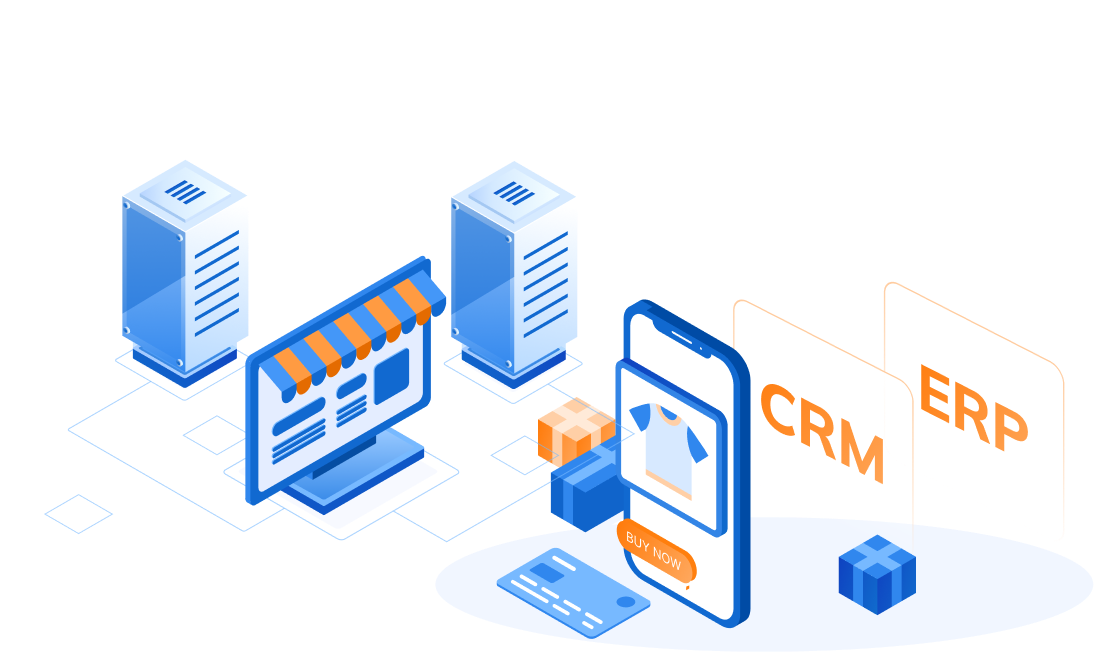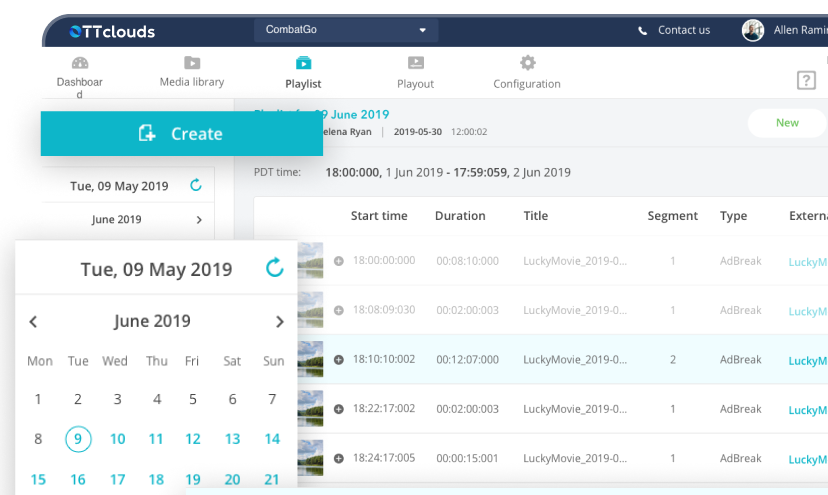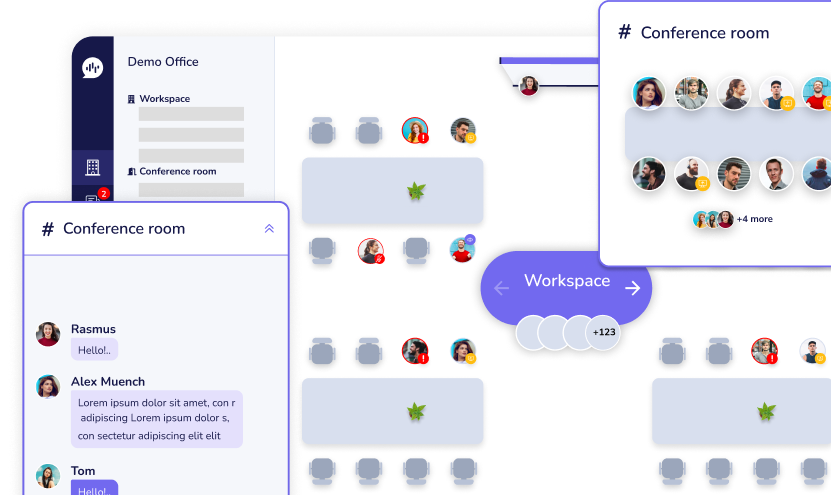Common software development mistakes to avoid
27/02/2024
856
Table of Contents
Software development is currently one of the most essential industries globally. While the digital era may not be new, it has gained momentum and dominance in recent decades. As a result, almost every corporation, startup, and small business relies on software to solve productivity, efficiency, and speed issues.
For this reason, highly skilled software developers are in high demand. However, software development is not all about code and finding simple solutions to complex problems, far from that. Other common mistakes could delay or sabotage your project, avoidable mistakes.
If you are a software developer or thinking about hiring one for your project, these are some common software development mistakes that could save you a fortune and a lot of time. Time is money, after all.
1. Inadequate planning

No matter how simple a project is or how many similar projects you’ve done, planning is critical to the success of any software development project. Your plan serves as more than just a step-by-step guide to executing the different stages of your project. It is also a reference point that you can use to see whether you are on track regarding timing and deliverables.
The problem with some developers is that they use their experience to ignore the planning stage; after all, most projects follow the same core steps. It is critical to remember that while some projects might share many similarities, they serve different users with different expectations and deadlines.
When there is no clearly defined plan in place, you risk erasing important stages like testing and evaluation, which are critical for future projects.
2. Inadequate and distorted team and communication

It is no secret that software developers are like writers; they like to work alone. However, when it comes to bigger and more complex projects, especially those involving large-scale companies, software projects are often the work of a whole team. In this scenario, communication and teamwork are just as critical as the code you’re writing.
There must be seamless communication between all the teams involved in the project. For example, if you are building an app that makes customer relations smooth, you need ongoing communication with the team during the testing stages of the project. In addition, it is essential to always keep the client in the loop at every step of the project.
One common software development mistake many developers make is making executive decisions without consulting top management. Creating open lines of communication saves time, resources, and energy.
3. Ignoring feedback from the client and users
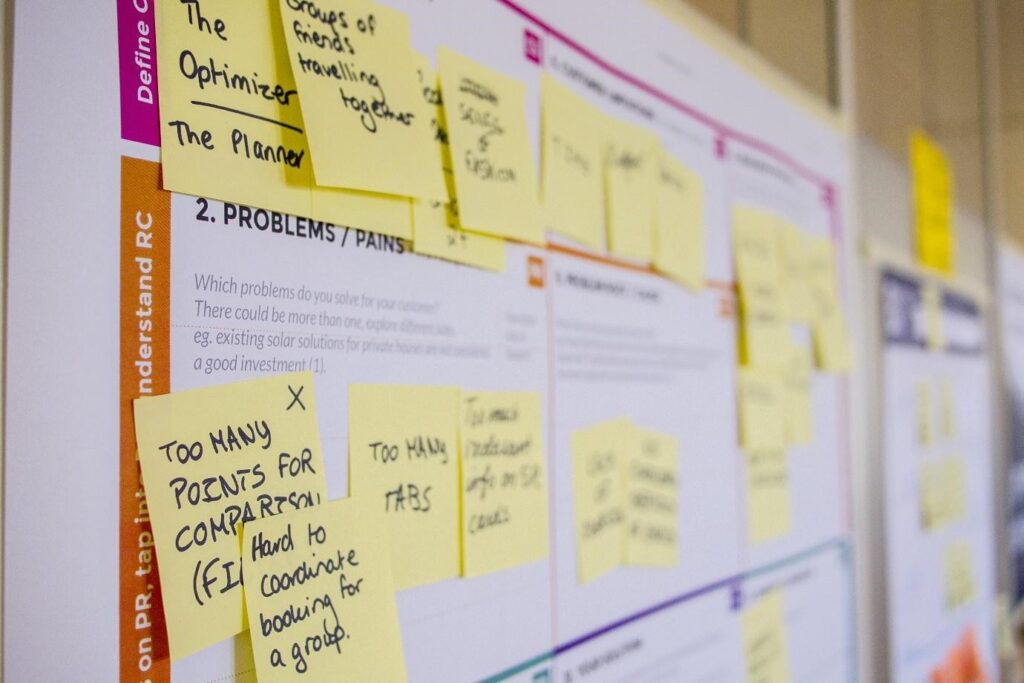
Another typical software development mistake developers make is ignoring feedback from clients and users. A usual misconception is that writing the code and getting it right is the most vital part of software development. This is only partially true. Two things can make your project fail: being too project-focused or being too people-focused.
Being too project-focused means, you are only focused on following your plan, deliverables, and timelines and getting every aspect to work. While this is good, it is unrealistic because, at the end of the day, it is going to be used by people. What is the point of your product being perfect on paper if the client can’t navigate it easily? The point is to simplify a task for the human aspect of the process, so they should be involved in the testing stage.
On the other hand, focusing too much on the user experience can sully the integrity of the project because someone who needs help understanding coding may have many unrealistic expectations.
4. Skipping the testing stage of product development
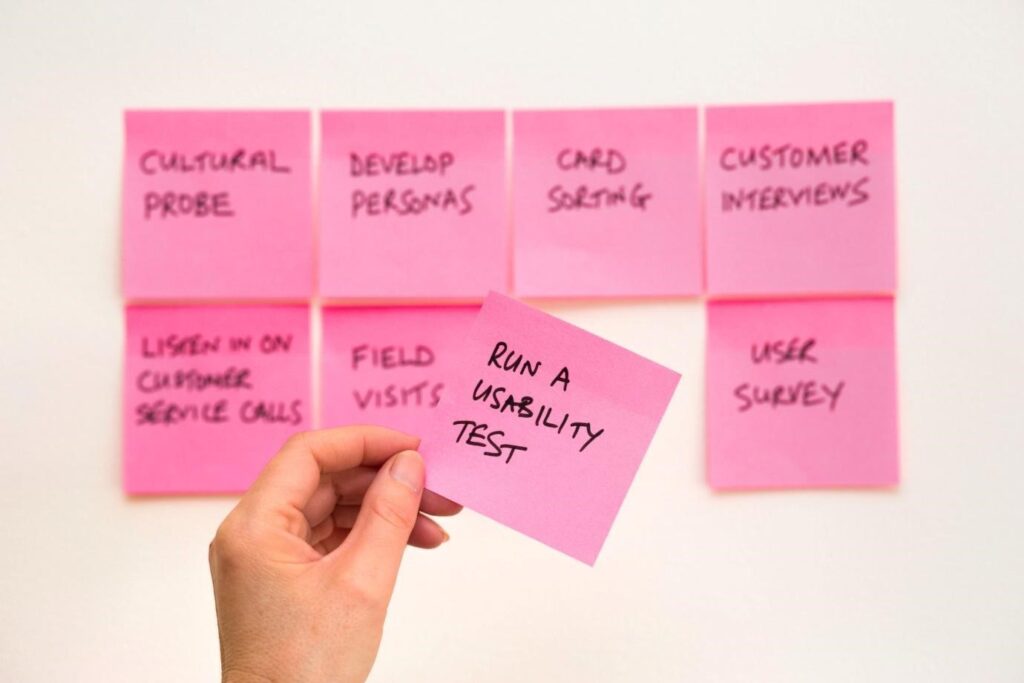
For many reasons, testing your product should be a non-negotiable stage during product development. For one, it allows you to fix bugs that may have gone undetected during development.
You want to avoid a client asking for a full reimbursement because their app crashed on its launch day. Unfortunately, no matter how perfect you think your process is, some errors can only be discovered through testing.
5. Relying on temporary solutions
During software development, it is common for software developers to rely on quick fixes to some errors and issues. This is in most cases when you are trying to beat a deadline or know you can fix the problem quickly, and it doesn’t affect the project at the stage you’re on. However, this can be detrimental to the final product. You are a human being, so there are high chances that you’ll forget.
How many times have you promised to plug your charger into your phone in 5 minutes but forgotten, only for the device to power off in a couple of minutes? This same concept applies to software development. It is much better to identify a problem and solve it entirely. Leave the band-aids for cuts and scrapes.
6. Not evaluating mistakes
While it is good to identify and fix errors and bugs, remember to evaluate their origin. Because of tight deadlines and the complexity of some projects, you may focus on problem-solving instead of assessment.
Understanding an error might seem like wasted time, but ignoring it is a wasted opportunity. As we mentioned earlier, many projects share the same core foundations. What this means is that if you understand why and how an error occurred, you can avoid it in future projects as opposed to the monotony of waiting for it to arise again, then fixing it. In any profession, you are always learning, especially from your mistakes.
7. Poor time estimates
Poor time estimates are a direct consequence of poor planning. When you are designing the plan for your project, it is imperative that you create clear timelines for each stage of development, with realistic allowances for delays, dead ends, errors, and other unprecedented occurrences. Now, this isn’t to say that you should be as slow as possible. When you create clear deadlines, you remove the pressure to rush through development and deliverables.
Without set timetables, you are bound to skip essential steps and give the client false hope and vague optimism, which will affect your reputation in the long run.
8. Misunderstanding requirements
Before you start any project, you need to be clear on every requirement from the client. All projects are different; no one size fits every product. For this reason, you shouldn’t leave anything to chance or rely on assumptions. It should be standard practice to read through the documentation and plan for software development as often as feasible.
To ensure that all stakeholders are on the same page at every phase of the development cycle, it is fundamental to communicate progress regularly, preferably in a standing meeting, to encourage accountability on both ends.
As you can see, a software development project’s success depends on factors outside the technical aspect. The good news is that most software development mistakes are avoidable, fixable, and straightforward.
Are you planning on creating a new and unique product for your customers? Check out SupremeTech for all your software development needs. Contact us for a free consultation before you entrust us with your project.
Related Blog




